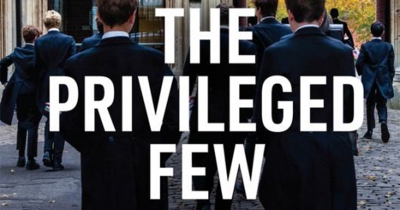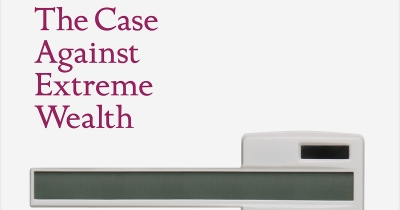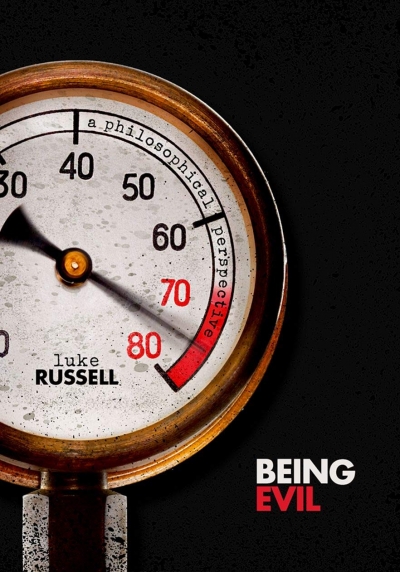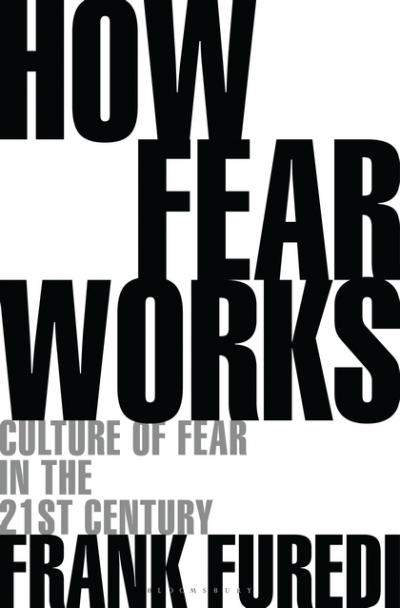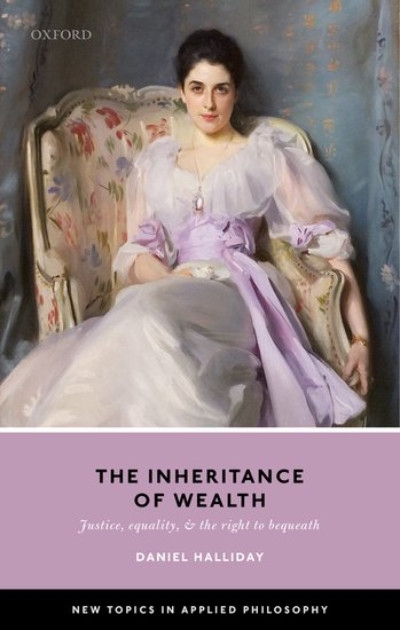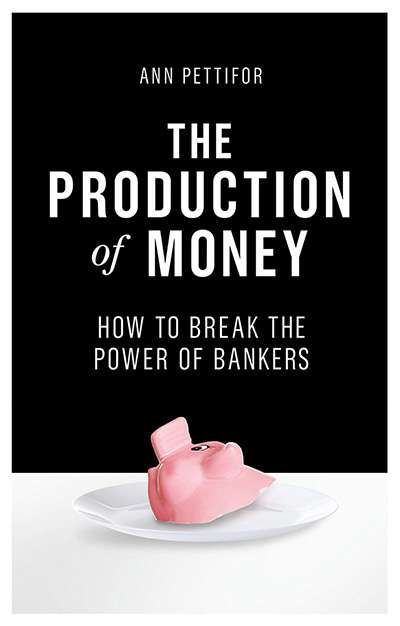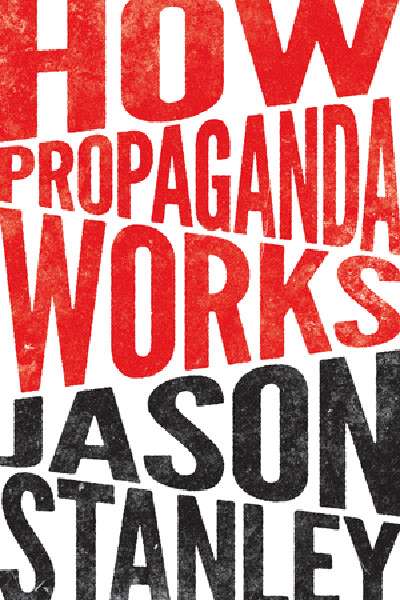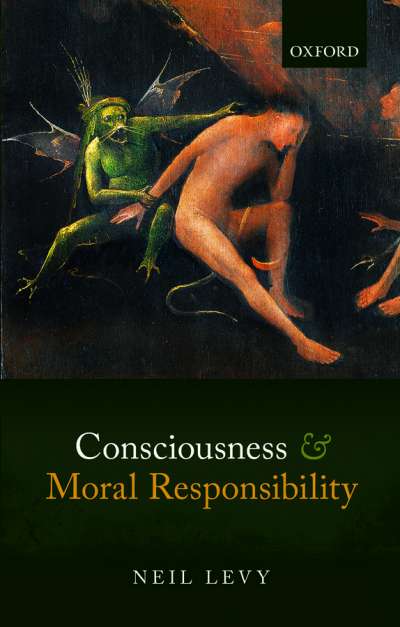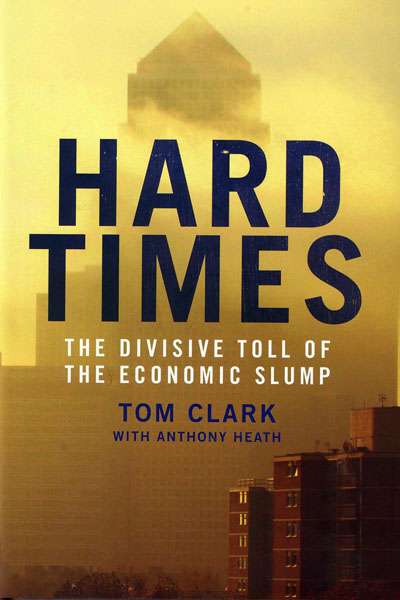Adrian Walsh
Limitarianism: The case against extreme wealth by Ingrid Robeyns
by Adrian Walsh •
How Fear Works: Culture of Fear in the Twenty-First Century by Frank Furedi
by Adrian Walsh •
The Inheritance of Wealth: Justice, equality, and the right to bequeath by Daniel Halliday
by Adrian Walsh •
The Production of Money: How to break the power of bankers by Ann Pettifor
by Adrian Walsh •
Trillion Dollar Baby: How Norway Beat the Oil Giants and Won a Lasting Fortune by Paul Cleary
by Adrian Walsh •
Hard Times: The divisive toll of the economic slump by Tom Clark and Anthony Heath
by Adrian Walsh •

